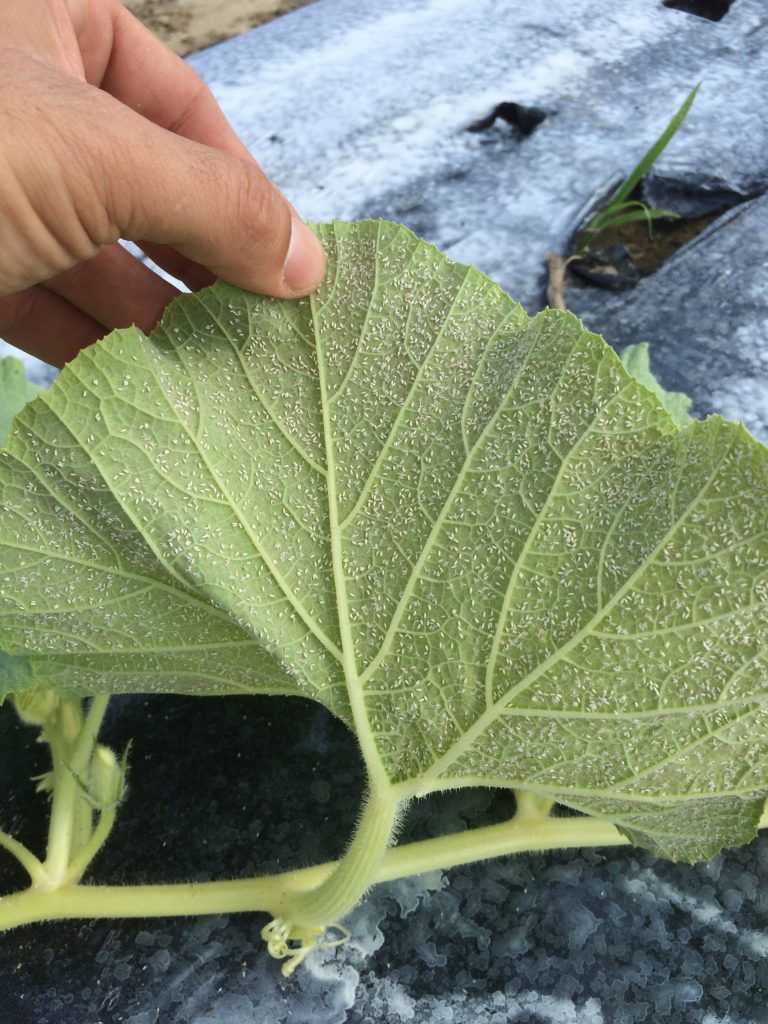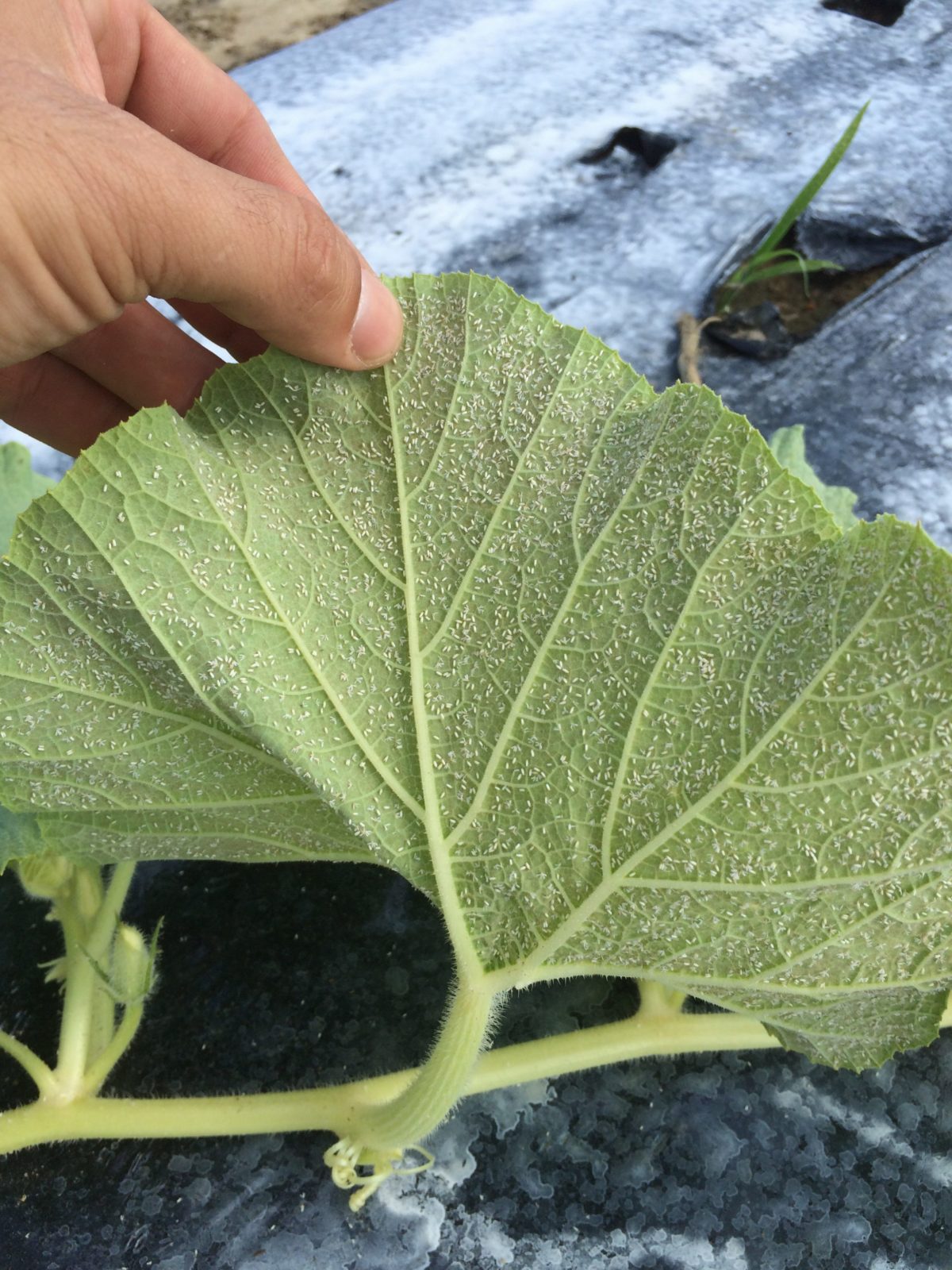
According to the South Florida Pest and Disease Hotline, whiteflies are varying in impact in vegetables in South and Central Florida.
Around the Central Florida area, respondents report that whiteflies remain active in tomato and melons at mostly low numbers.
Growers and scouts in Southwest Florida report that whitefly pressure has declined with recent rains. Scouts report finding mostly low numbers in cucurbits, eggplant and tomato. But there are flare-ups reported with higher numbers showing up in eggplant and squash.
Scouts are reporting finding mostly low numbers of whitefly in eggplant on the east coast.
Reports from Homestead indicate that whiteflies are present in oriental vegetables.
Management
Management of whiteflies later in the season depends on early suppression of whitefly populations. Growers need to be aggressive with the best systemic materials like Venom, Sivanto Prime and Verimark, early in the season. Growers who are on seepage and not drip are at a particular disadvantage if whiteflies and virus are high early in the season.
Preventative soil applications of either imidacloprid, thiamethoxam, dinotefuran, flupyradifurone or cyanatraniliprole should be used preventatively in tomato and cucurbits.
Proper scouting is essential to manage silverleaf whitefly. Over the years, University of Florida entomologists have developed usable action thresholds that have been successful for many tomato farmers. However, these thresholds are only guidelines. Farm managers may modify them to fit their situations and expectations.
Thresholds
Silverleaf whitefly thresholds
0-3 true leaves 10 adults/plant
3-7 true leaves 1 adult/leaflet
Field hygiene should be a high priority and should be an integral part of the overall strategy for managing whitefly populations, whitefly-vectored viruses and insecticide resistance. Growers are advised to be alert for volunteer tomato or cucurbits that may be present in row middles and field margins as these may be a source of whiteflies and virus.
For more whitefly management tips – see http://edis.ifas.ufl.edu/in695.










